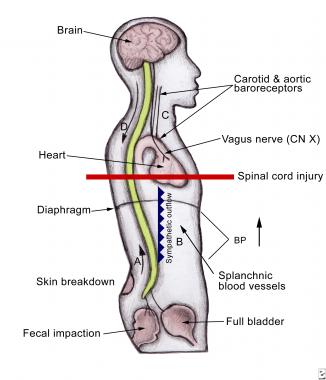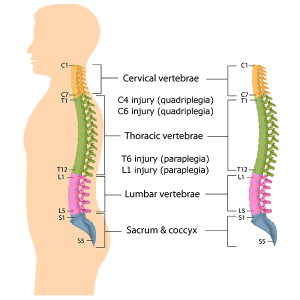It’s my 3rd week here at Hohman Rehab and I’ve been exposed to so many different diagnoses and a culturally diverse population. While I’ve seen many of the same diagnoses, no two patients have presented the same. During the evaluation process I have jokingly compared it to a talk show, where I simply just want to get to know the patient in a less threatening way, rather than saying “Well, Welcome to PT what are your signs and symptoms.” This casual intro has allowed me to better understand a patient’s clinical presentation but has spurred a simple question in my head, whose really in charge?
During this casual portion of the evaluation, it is where I’ve started to truly notice how many other healthcare professionals are involved in a patient’s overall well being. It then dawned on me, I was the other part of this chain so to speak. Through Physical Therapy my handwritten prescription includes exercise and education, where I have anywhere from 40-60 minutes to administer it. I do think my role in a patient’s chain is quite important especially if it means I’ve altered the way someone rethinks pain or movement… but because I feel that I am important, does it automatically qualify me to have ultimate say over a patient’s medical health or how they progress through treatment. And the answer is no.
My prescription is no better than a patient’s PCP, no better than the orthopedist or the chiropractor, if all parts of the chain are working to achieve the common goal, and that is was this patient provided the best possible healthcare in the most financially, timely and ethically responsible manner. So then that begs the question who is in charge of what’s knowing what’s best… and that’s you the patient.
As an intern at Hohman Rehab, my clinical instructor (CI) challenged me with the question of what practitioner I want to be… and as I prepare for a career in Physical Therapy I want to be a practitioner who is great at what I do but be willing and humble enough to acknowledge my limitations and admitting that maybe I am not the best practitioner to help resolve your problems. I then ask again whose in charge? YOU.
As the patient how do you take charge, one way is seeking the professionals who are honest enough to admit that they don’t know something, then willing to refer you to another entrusted practitioner. Being weary, when you’re offered an absolute cure for something, our bodies are complicated and may require more than one discipline to offer a solution. Trusting your gut, not being afraid to ask for another opinion.
Your health comes first and the team you entrust in order to help you take care of it matters, and you should always have the ultimate say.


